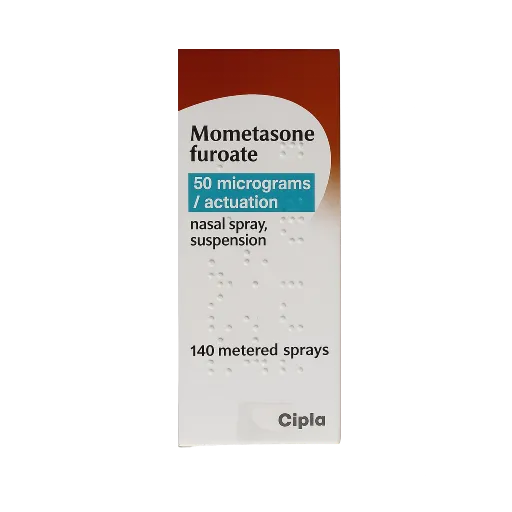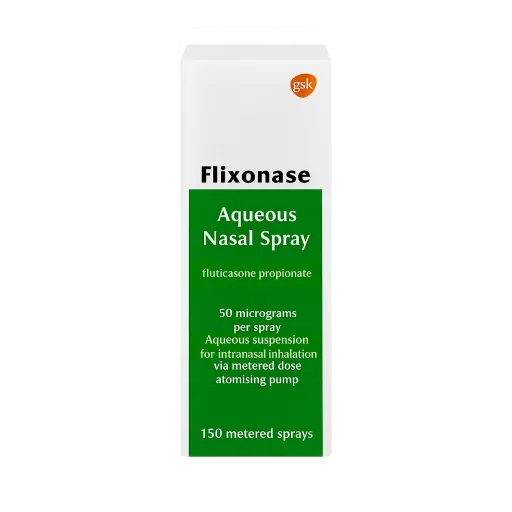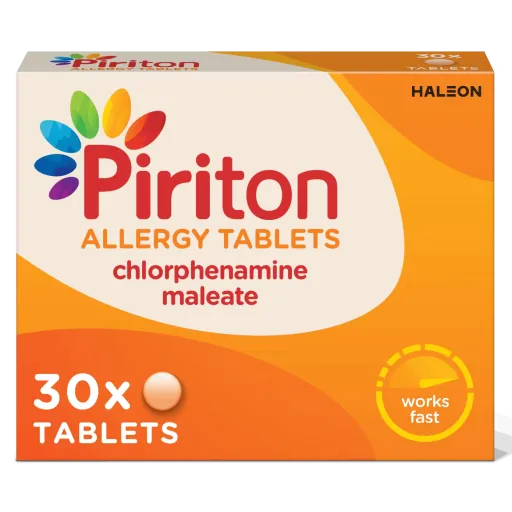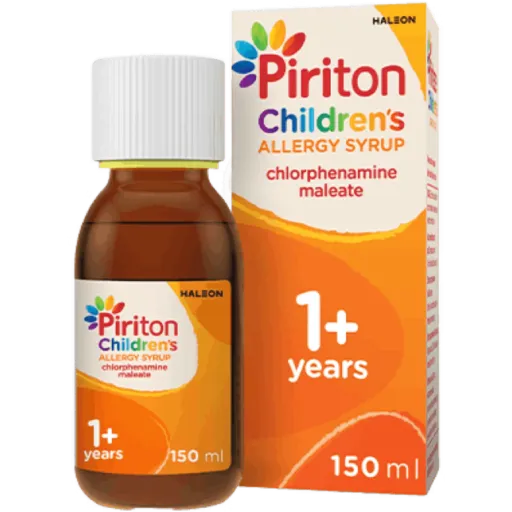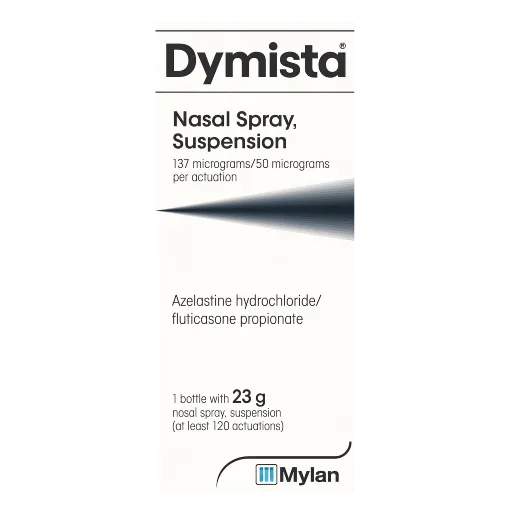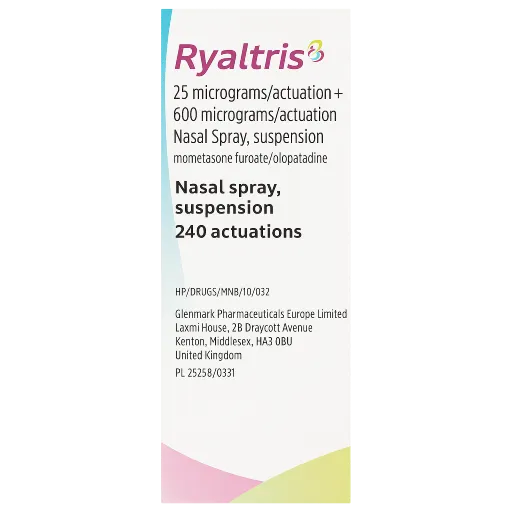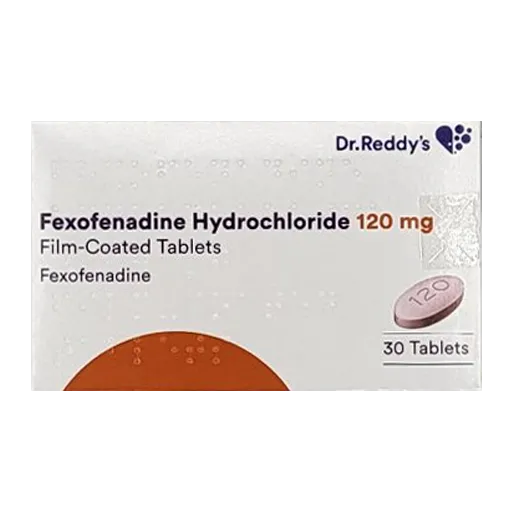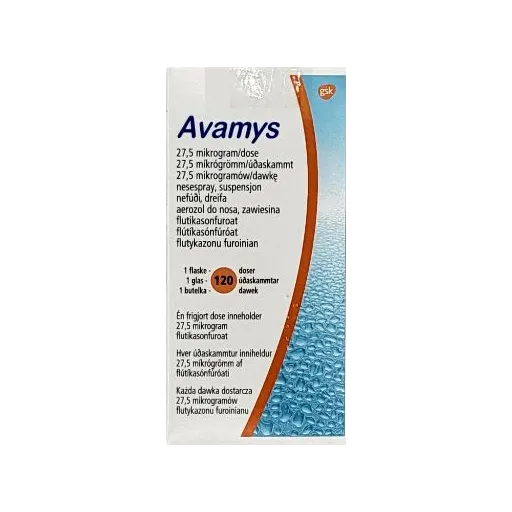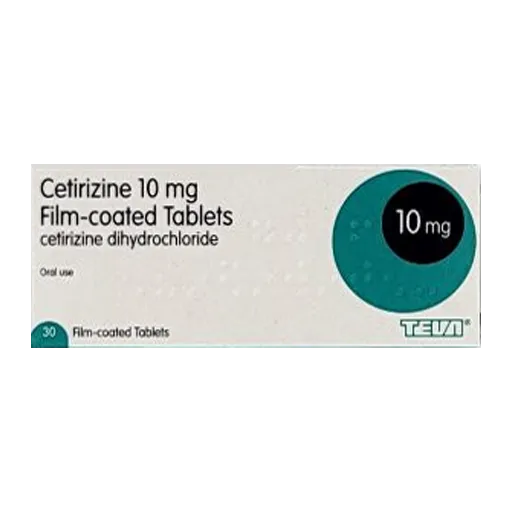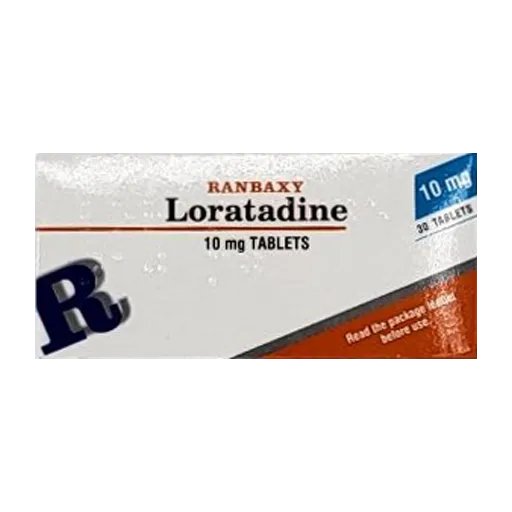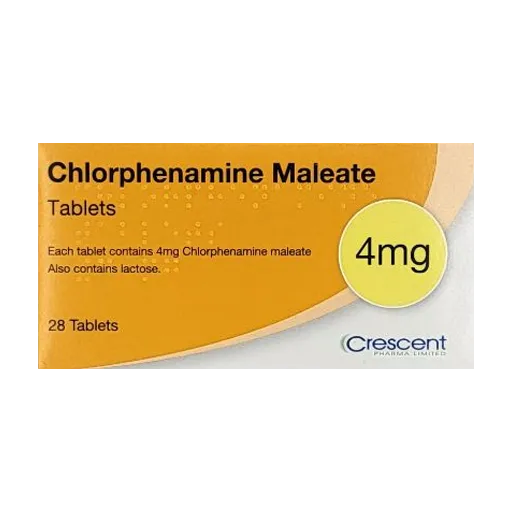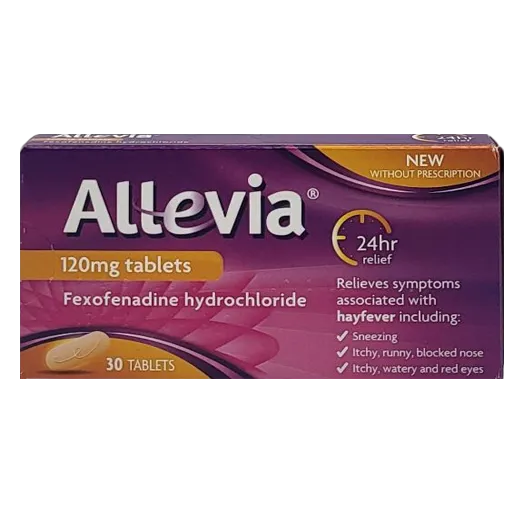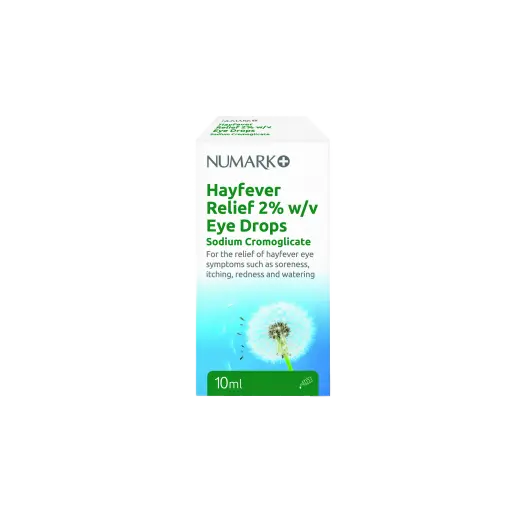allergies consultation
Please fill in the questionnaire below. Any information provided will be kept confidential and will only be seen by a prescriber. These questions are designed to give our prescriber enough information to make a decision on whether the treatment is suitable, please fill them in truthfully.
allergies
Allergies are a reaction to a food or substance that your body perceives as harmful but isn't, around 33% of the adult population suffers with one form of allergy. It can affect anyone child or adult and they can develop later in life. Symptoms include sneezing, itchy eyes and wheezing. The most common allergies are pollen, mold, food, dust and pet allergies. Where avoiding the allergens isn't possible, medication such as antihistamines or corticosteroids can be used to provide symptom relief.
-
POM
-
POM
-
P
-
P
-
POM
-
POM
-
POM
-
POM
-
POM
-
P
Allergies
Allergies happen when your immune system reacts to something harmless - like pollen, pet dander, or certain foods - as if it were a threat.
This reaction can cause symptoms like sneezing, itchy eyes, skin rashes, or more serious effects such as breathing problems or anaphylaxis.
Allergies are very common and can affect people of all ages. While most allergic reactions are mild, some can interfere with daily life or be life-threatening.
What causes allergies?
Allergies are caused by the immune system overreacting to a normally harmless substance known as an allergen. When exposed, your body produces antibodies and releases chemicals like histamine, which cause the symptoms of an allergic reaction.
Common allergens include:
Airborne allergens:
- Pollen: From trees, grasses, and weeds - known as hay fever or allergic rhinitis
- Dust mites: Tiny bugs that live in house dust
- Animal dander: Skin flakes and saliva from cats, dogs, and other animals
- Mould spores: Fungi found in damp or humid environments
Food allergens:
- Milk
- Eggs
- Peanuts
- Tree nuts (e.g. almonds, walnuts)
- Shellfish and fish
- Wheat and soy
Other allergens:
- Insect stings: Such as bee or wasp stings
- Latex: Found in gloves, balloons, and some medical products
- Medications: Such as penicillin or aspirin
- Chemicals: Found in cleaning products, perfumes, or cosmetics
What are the symptoms of allergies?
Allergy symptoms can vary depending on the allergen and how your body reacts. Common symptoms include:
- Sneezing
- Runny or blocked nose
- Itchy or watery eyes
- Skin rashes or hives (urticaria)
- Swelling of the lips, face, or eyes (angioedema)
- Coughing or wheezing
- Shortness of breath
- Nausea or vomiting (more common with food allergies)
In severe cases, allergies can cause anaphylaxis, a life-threatening reaction that needs emergency treatment. Signs include difficulty breathing, a fast heartbeat, severe swelling, dizziness, or collapse. Call 999 immediately if this happens.
How are allergies diagnosed?
If you think you have an allergy, your GP or pharmacist can help guide you. You may be referred for testing, which could include:
- Medical history and symptom tracking
- Skin prick test: A small amount of allergen is placed on the skin to see if a reaction occurs
- Blood tests: Such as specific IgE tests to detect allergic antibodies
- Elimination diet: For suspected food allergies, certain foods may be removed and reintroduced to monitor symptoms
These tests help identify the trigger and guide treatment options.
Allergy treatments
There is no cure for allergies, but symptoms can usually be managed with medication and avoidance of triggers.
Self-care and avoidance
- Avoid known allergens: Stay indoors on high pollen days, use dust mite covers, avoid specific foods
- Keep windows closed: During pollen season
- Shower after being outdoors: To remove pollen from your skin and hair
- Use air filters or dehumidifiers: To reduce indoor allergens like mould and dust
Medications
- Antihistamines: Help relieve sneezing, itching, and runny nose (e.g. cetirizine, loratadine, chlorphenamine)
- Nasal sprays: Such as steroid sprays (e.g. beclometasone, fluticasone) to reduce nasal inflammation
- Eye drops: For itchy or watery eyes (e.g. sodium cromoglicate)
- Adrenaline auto-injectors (e.g. EpiPen): For people at risk of severe allergic reactions
Immunotherapy
- For certain allergies like pollen, dust mites, or bee venom, immunotherapy may be recommended
- Involves regular small doses of allergen to build tolerance over time
- Can be given as injections or under-the-tongue tablets
Will treatment help?
Most people with mild to moderate allergies find their symptoms improve significantly with the right treatment and avoidance strategies.
For seasonal allergies like hay fever, antihistamines and nasal sprays are often very effective when taken regularly during high-pollen months.
Those with severe or complex allergies may benefit from specialist care or long-term immunotherapy.
Allergy treatment side effects
Most allergy medicines are safe and well tolerated, but possible side effects include:
- Antihistamines: Drowsiness (more common with older types like chlorphenamine), dry mouth, or dizziness
- Nasal sprays: Nosebleeds or irritation if used long-term or incorrectly
- Eye drops: Mild stinging or temporary blurred vision
- Adrenaline injectors: Fast heart rate, shakiness - only used in emergencies
Speak to your doctor or pharmacist if you are unsure which treatment is right for you, or if side effects become bothersome.
